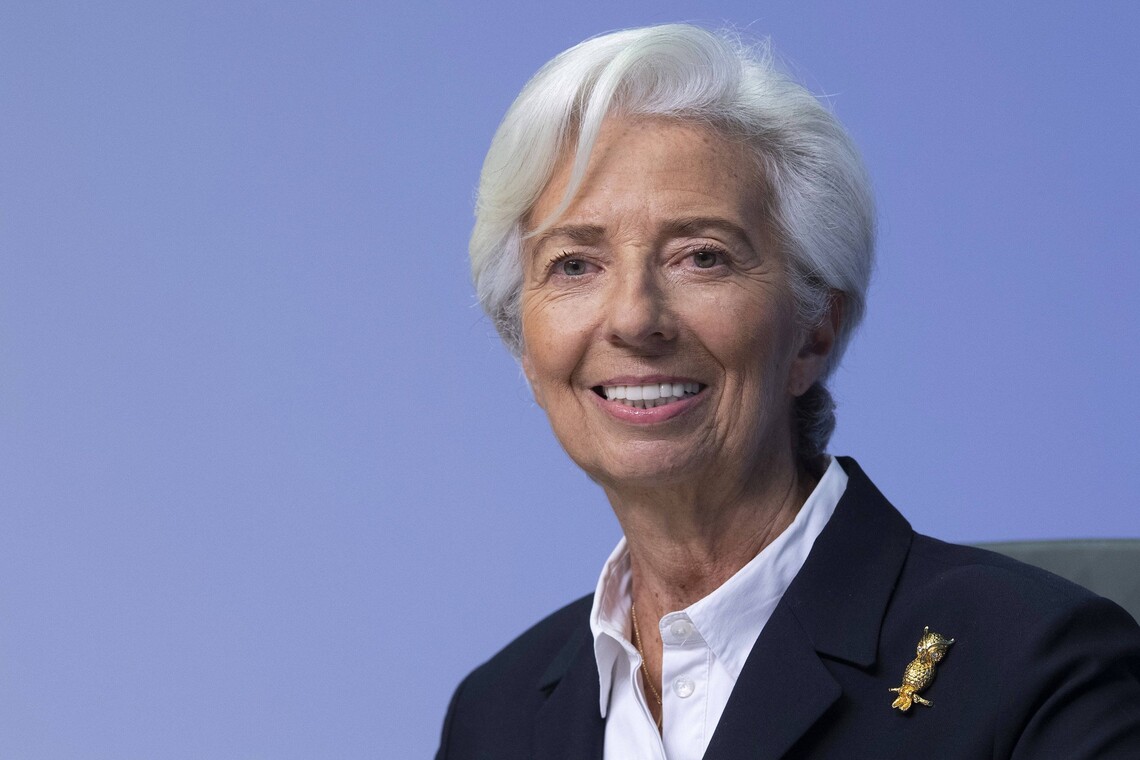The President of the ECB is back again to talk about the systemic risk and financial stability that cryptocurrencies could have.
Summary
Christine Lagarde is at it again by criticizing crypto
Christine Lagarde, the President of the ECB, after calling cryptocurrencies good only for criminal activities and money laundering a month ago, has returned to speak rather critically about the crypto world and especially decentralized finance.
Live now: President @Lagarde speaks before the Committee on Economic and Monetary Affairs of the @Europarl_EN and answers questions from its members.
Follow here https://t.co/Hef6JljFOF @EP_Economics pic.twitter.com/r7mZTczSxa— European Central Bank (@ecb) June 20, 2022
Last Monday in Brussels, speaking before the Economic Affairs Committee, Lagarde also touched briefly on the systemic risk that cryptocurrencies could have on international financial stability:
“We believe, as we are embarking on this work concerning crypto assets and the risk that they pose, that crypto assets and decentralized finance (DeFi) have the potential to pose real risks to financial stability”.
That is why, in her view, the European Commission and Parliament need to take action to quickly pass precise regulation on crypto markets. Referring to the regulation on cryptocurrency markets (MiCA) that is expected to come into force by 2024, Lagarde said that perhaps a second potential regulatory framework, a kind of MiCA 2.0, should be considered even before the first one comes into effect.
ECB president calls for an urgent need for clear regulation
It is possible that Lagarde’s words were said preemptively since she later added:
“For the moment, the links between the private sector crypto assets and traditional finance remain still limited — for the moment”.
In addition, Christine Lagarde sees 2024 as a date too far away for regulation of cryptocurrencies, and MiCA would have some regulatory loopholes in it, such as the one referring to DeFi, which she believes would be the real new danger to global financial stability. Much more than the traditional cryptocurrencies themselves, which she herself said in September last year that she did not consider as currencies, but only as mere speculative assets.
Then she also went into detail about her proposal for a new updated regulatory framework for the sector:
“MiCA II should regulate the activities of crypto-asset staking and lending, which are definitely increasing”.
This would be the case precisely because these types of transactions would be the ones at greatest risk of fraud and actually concealing money laundering activities:
“Innovations in these unexplored and uncharted territories put consumers at risk, where the lack of regulation is often covering fraud, completely illegitimate claims about valuation, and very often speculation as well as criminal dealings”.




